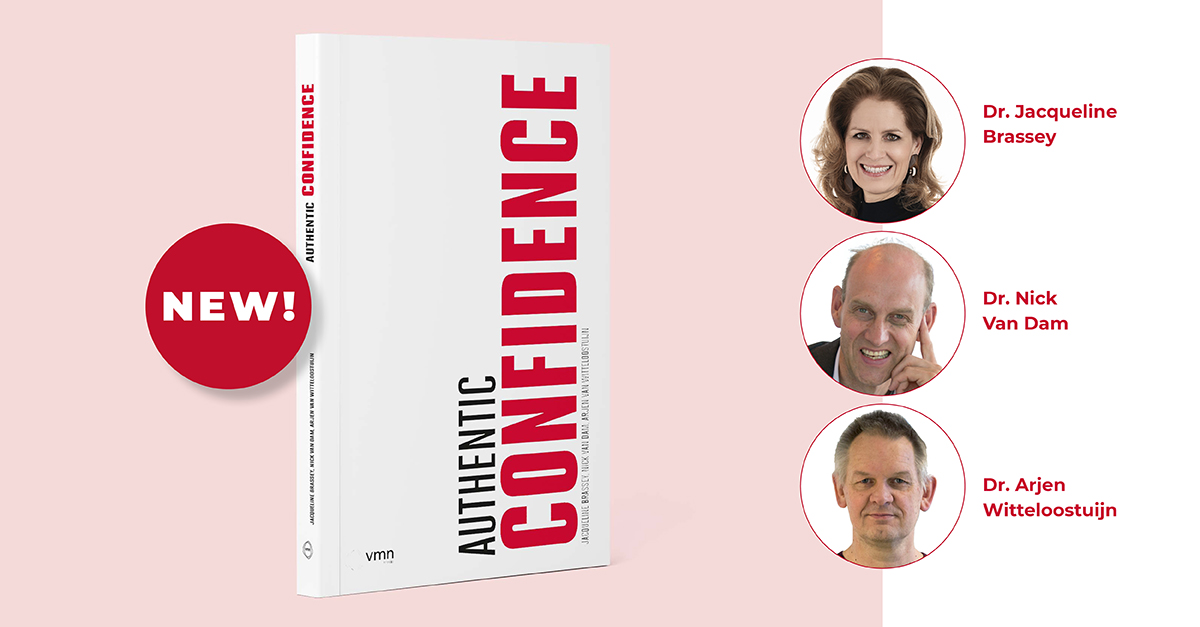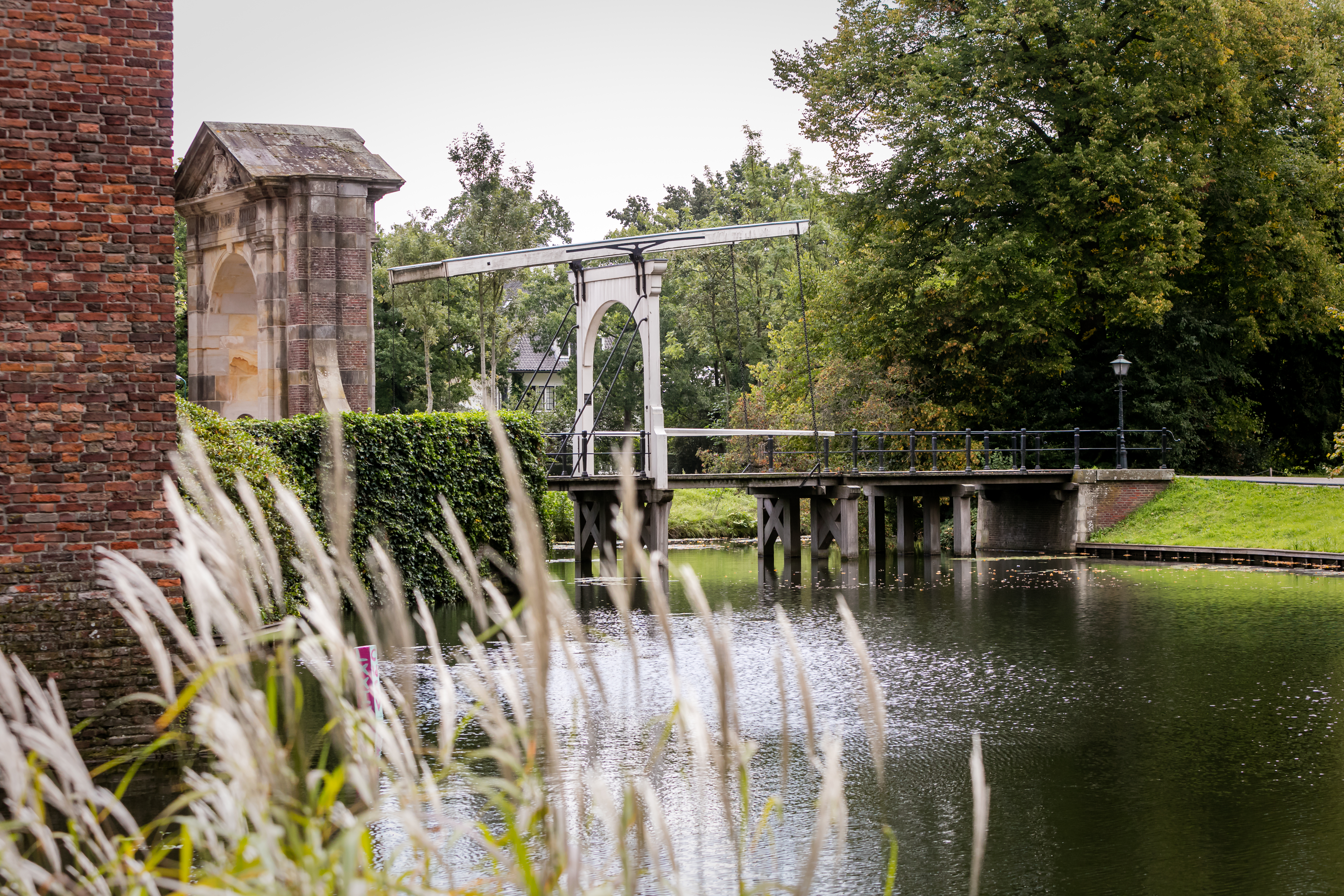The world has seen an acceleration of disruptive events in recent years. Think of the COVID-19 pandemic, natural disasters and the ongoing war in Ukraine. These events have caused a lot of insecurity among people. In view of the rapidly changing world in which people must continue to learn and develop, and where we often have to step outside of our comfort zone, the feelings of insecurity and stress will return. The need to be able to deal with these feelings is increasing.
With their book Authentic Confidence, Jacqueline Brassey, Nick van Dam and Arjen van Witteloostuijn offer a how-to-guide on how to start building authentic trust. The book has been translated from the Dutch language and updated with the latest and ever-evolving insights from the fields of neuroscience and psychology. The book offers 32 practical and evidence-based tools.
Insecurities in today’s society
The British study 'My Confidence Matters' (2019) showed that 62% of males and 79% of females feel insecure on a regular basis. Additional research conducted by the authors shows that 54% of young professionals working in the services industry worry more than 20% of the time. When asked whether they would perform better if they were less concerned about making mistakes, 47% (strongly) agreed.
“The young people in today’s world are confronted with more insecurities than I have ever encountered in my entire career”, says Arjen van Witteloostuijn about today's society. “Flexible employment contracts are the new normal. Voluntary or not, more than a million Dutch people are currently self-employed. It’s either the employer having high expectations, or people setting high standards for themselves due to the influence from other people’s successes through social media. In short, modern society puts enormous pressure on people to always perform.”
Owner of your career
“On the other hand, modern technology and less hierarchical organizational structures enable people to take ownership of their careers now more than ever”, according to Nick van Dam. “But it is because of the empowerment of professionals, that they are often pushed out of their comfort zone. As a result, more and more people are getting burned out. Unfortunately, many still do not want to openly acknowledge that their lack of confidence is a barrier to realizing their true potential.”
The authors emphasize that, according to them, confidence should not be confused with overconfidence. That's why they added the term 'authentic'. “Authentic stands for accepting your insecurities,” explains Brassey. “You don't burry them, but you are able to deal with them with the necessary confidence. So you are comfortable with being uncomfortable. Authentic trust represents inner peace and courage to face difficulties.”


